Male vs Female Cats: Which One Truly Matches Your Lifestyle and Personality?
Ever wondered if choosing a cat is anything like swiping right on a dating app? Well, today, we’re diving whiskers first into the delightful world of feline matchmaking at our very own Feline Compatibility Agency. Picking between a male and a female cat isn’t just about fur and purrs; it’s about uncovering the quirks, personalities, and secret charms that make each kitty uniquely lovable. Some folks swear male cats are those clingy, lap-loving sweethearts who never miss a beat of your day, while others tip their hats to the dignified, independent queens that female cats tend to be. But here’s the kicker — every cat defies the stereotype in their special way, and that’s exactly why this is one debate best approached with curiosity (and maybe a catnip mouse or two). So, grab your coffee or tea, settle in, and let’s get to know these two-star singles who might just pounce into your heart and claim your coziest spot on the couch. LEARN MORE
Today, we are going to pretend to be running a Feline Compatibility Agency, helping you find your perfect whiskered match.
Choosing between a male and a female cat is a bit like dating. You want to know the personality, the quirks, and even what breed or mix they might be, which you can figure out with this guide to identifying what kind of cat you have.
The male cat vs female cat personality debate has been around forever. Some people say males are the snuggly, follow-you-everywhere types. Others claim females are the classy and independent queens of the house. The truth is that every cat is unique, but there are patterns worth knowing before you commit.
So grab your coffee, get comfortable, and let’s meet our two-star singles. By the end, you might just know which one will steal your heart and your favorite spot on the couch.
Male Cat Personality and Traits 🐱
Meet our first bachelor in the male cat vs female cat lineup. He is the life of the party, the first to greet you at the door, and the one who somehow knows when you are about to open a can of food.
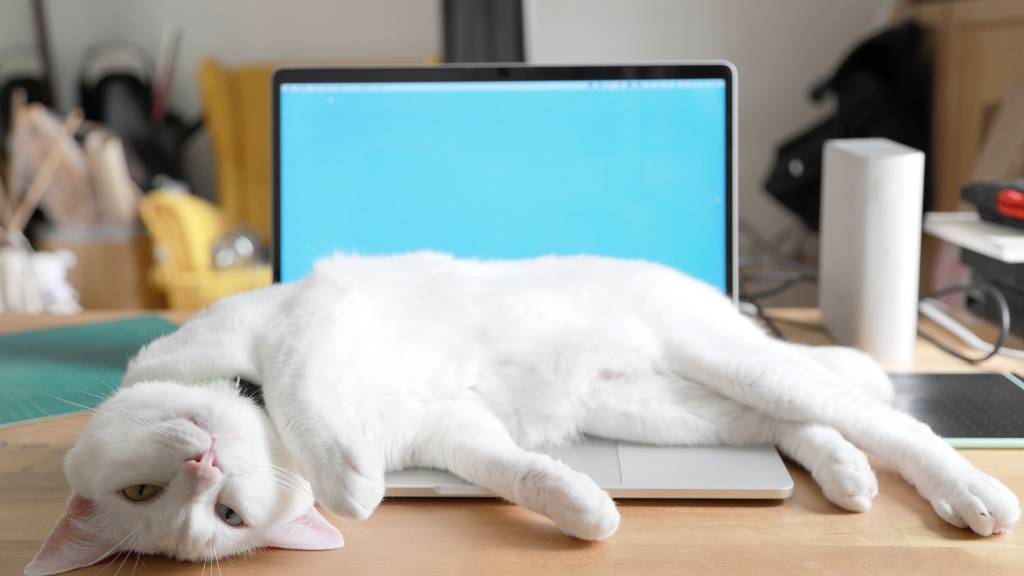
Male cats often have a reputation for being more sociable and open to affection. Many pet parents will tell you that male cats are more affectionate, happily curling up on your lap and staying there for hours if you let them.
When it comes to personality, they tend to stay playful well into adulthood. That kitten-like curiosity never really fades. You might find him following you from room to room, “helping” you type by sitting on your keyboard, or welcoming guests without hesitation.
This easygoing nature often makes male cats a great fit for:
First date scenario: You walk into the living room, and he is already waiting by the door. He rubs against your legs, purrs loudly, and flops onto his back for a belly rub. Later, while you watch a movie, he settles across your lap like a warm scarf, purring in rhythm with your breathing.
Male cats bring an energy that feels welcoming and familiar from the very start. If you like constant company and a feline who wears his heart on his furry sleeve, this bachelor could be your perfect match.
Female Cat Personality and Traits 🐈⬛
Now, let’s meet our second star in the compatibility lineup. If the male cat is the life of the party, the female cat is the elegant guest who turns heads without even trying. When it comes to the difference between male and female cat personalities, females often lean toward independence and a more refined approach to affection.
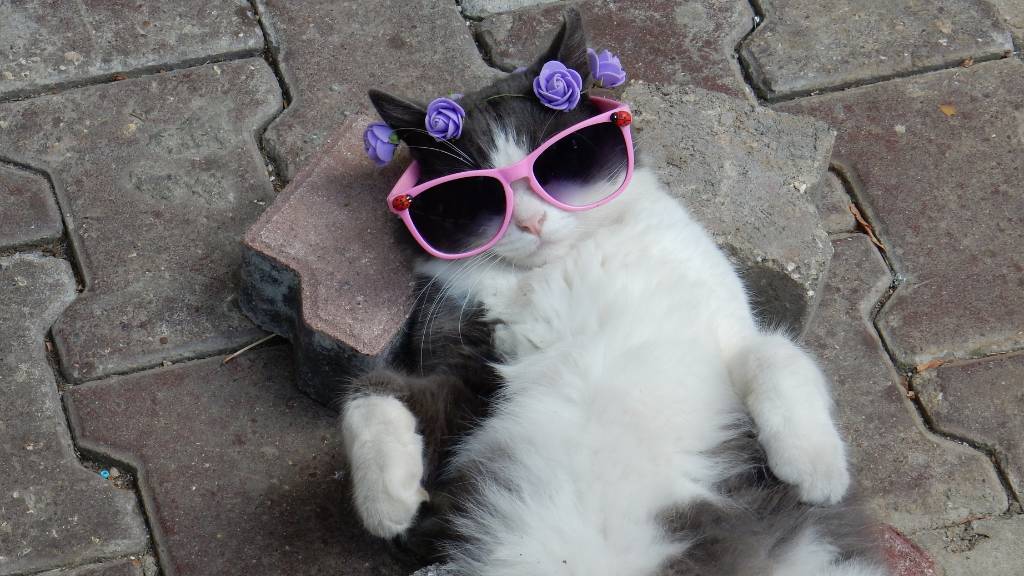
Some pet parents will tell you female cats save their cuddles for special occasions. In the debate over whether male or female cats are more affectionate, many agree that females are affectionate in their own time and on their terms. Once you have earned her trust, her love feels like an honor.
A female cat’s personality often shines in her calm, observant nature. She may spend hours surveying her territory from a sunny windowsill or quietly padding around the house to check on her humans, perhaps seeing you in ways explained in our guide on how cats see humans.
This thoughtful, measured behavior makes her an excellent choice for:
- Owners who appreciate quiet companionship
- Smaller households or calm environments
- People who value a pet with a bit of mystery
First date scenario: You walk in and spot her lounging gracefully in her favorite sunny spot. She watches you for a moment, then stretches and slowly approaches. Instead of jumping into your lap, she sits nearby, brushing her tail against your leg.
The female cat’s charm lies in her ability to make affection feel rare and meaningful. If you appreciate a relationship built on mutual respect and patience, this graceful queen could be your ideal match.
Male vs Female Cats – Pros and Cons ⚖️
When it comes to male cats vs female cats pros and cons, there is no one-size-fits-all answer. The “better” cat depends entirely on your lifestyle and what you value in a companion.
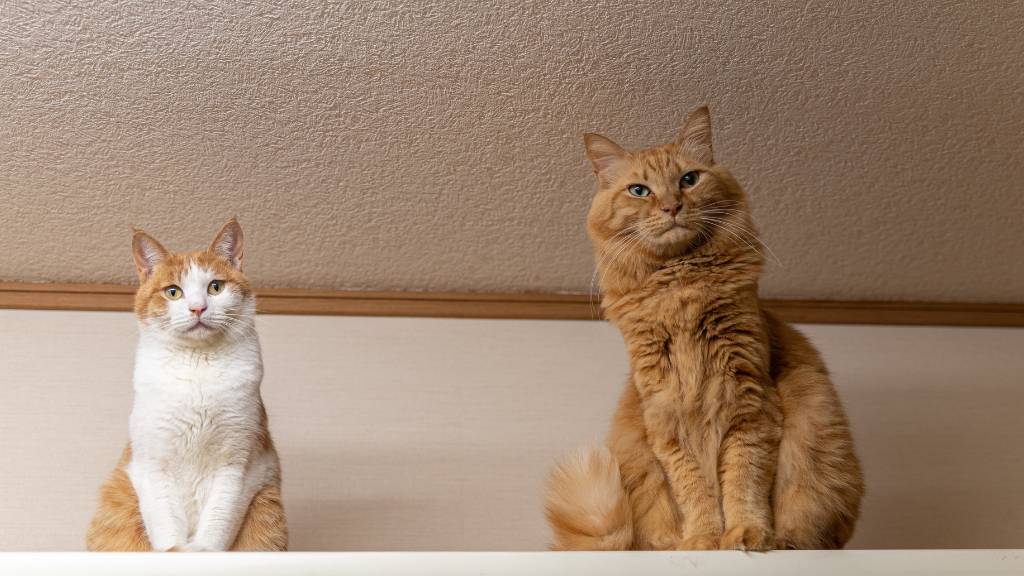
Still, looking at the male vs female cat personality side by side can help you see which one might be the right fit.
Below are quick compatibility scores based on common traits. Each is rated on a scale of one to five paw prints.
1. Affection Level ❤️
- Male: 🐾🐾🐾🐾🐾 – Often quick to bond, openly cuddly
- Female: 🐾🐾🐾 – Affectionate once trust is earned
2. Playfulness 🎯
- Male: 🐾🐾🐾🐾 – Playful well into adulthood
- Female: 🐾🐾🐾 – Engages in bursts, prefers selective play
3. Adaptability 🏡
- Male: 🐾🐾🐾🐾 – Adjusts easily to new people and environments
- Female: 🐾🐾🐾 – More cautious with change, prefers stability
4. Pet Tolerance 🐾
- Male: 🐾🐾🐾🐾 – Often does well with other pets
- Female: 🐾🐾🐾 – Can be territorial, especially with other females
So, are male or female cats better? Neither wins every category, and that is the beauty of it. The right choice is about matching these traits to your home and the kind of companionship you are looking for.
Choosing the Right Cat for Your Home 🏡
If you ask yourself, “Should I get a male or female cat?”, begin by looking at the daily rhythm of your home. The right match is the one whose personality suits your space, your household, and the way you live.
Busy Households 🏚️
Male cats often adapt quickly to the movement and sounds of children, guests, and other pets. Their social nature can make them a strong match for homes with plenty of activity.
Quieter Homes 🤫
Female cats often prefer steady routines and predictable surroundings. In a peaceful environment, they can be affectionate in their own time and enjoy companionship without constant interaction.
Multi-pet Families 🐾🐾
Males usually handle sharing territory well, especially if they are introduced to other pets gradually. Females can live alongside other animals, too, but some are more likely to keep certain spaces to themselves. It is something to consider if you’re planning to foster a cat in the future.
Size Considerations 🤏
In many breeds, male cats are bigger than female cats. In a smaller living area, a more petite female might be an easier fit.
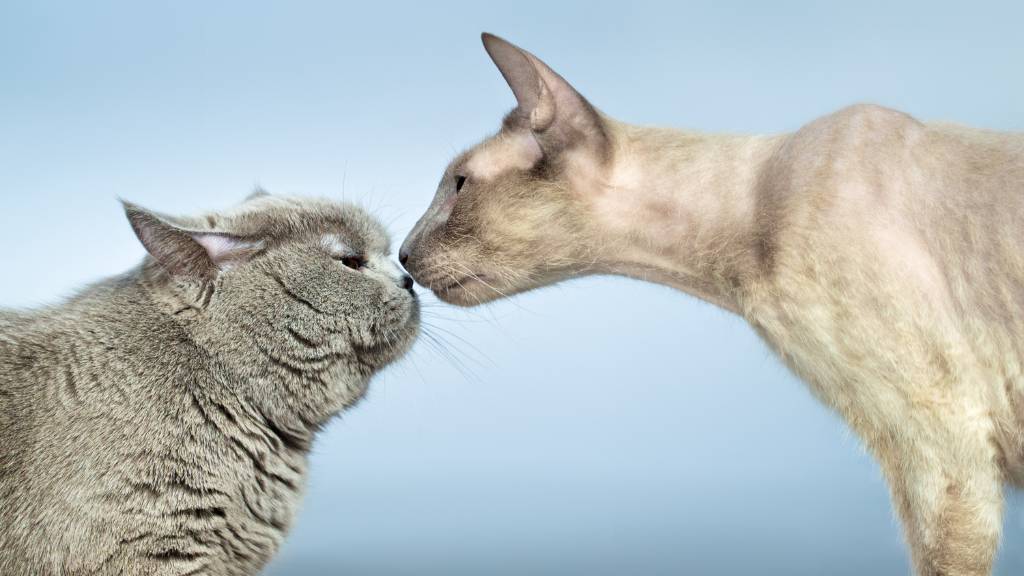
Choosing between the two is not about strict rules. It comes down to finding a companion whose nature matches yours and who will share your home comfortably for many years.
Personality Differences to Know 💡
When people talk about male vs female cat personality, they often focus on affection and independence. There are other traits that can make a big difference in day-to-day life, such as how much your cat talks, how easily they learn routines, and the little quirks you only notice once you live together.
Vocalization 🐈
Male cats can be chatty, especially when they want attention or food. Some will follow you from room to room, meowing as if carrying on a conversation. Female cats are often quieter, though some have a sharp, expressive meow they use when they have something important to “say.”
Trainability 💪
Both genders are capable of learning tricks and house rules, but males can be more motivated by interaction and treats. Females may learn just as quickly, but often prefer to decide when they participate.
Daily habits 🧠
Males may seek constant contact, choosing to nap beside you or join you in almost every activity. Females often enjoy their own space during the day, then surprise you with affectionate visits.
Unexpected date surprises 🎁
- The male might “help” you fold laundry by sprawling across the pile or follow you into every room as if on a mission.
- The female might present you with her favorite toy before settling on a high perch to watch the world outside.

When choosing a male or female cat, it is these small, everyday moments that often make the bond special.
Final Matchmaker’s Verdict ❤️
Every cat has a unique personality, but certain patterns can help guide your choice. Male cats often bring constant companionship and playful energy. Female cats may offer a quieter, more measured bond that grows stronger over time.
The best match comes from looking at your own lifestyle. A busy, social home may pair well with an outgoing male. A calm, predictable household may suit a thoughtful female.
When you are ready to meet your match, American Paws Club’s breeder verification process ensures you connect only with trusted sources. You can also browse kittens for sale to start your journey toward finding the perfect companion.

FAQs About Male vs Female Cats
1. Are male cats more affectionate than female cats?
Many pet owners notice that male cats show affection more openly. They may follow you around, curl up on your lap, or seek attention throughout the day. Female cats can be just as loving but often prefer to choose their moments for affection. These are general patterns, and each cat has its personality.
2. Do male or female cats get along better with other pets?
Males often adapt well to sharing their space, especially when introductions are slow and positive. Females can also live comfortably with other animals, though some may prefer to keep certain areas as their own.
3. Are male cats bigger than female cats?
In many breeds, male cats grow larger and heavier than females. The size difference is usually small in mixed-breed cats but can be more obvious in purebreds. While size should not be the only factor in your decision, it can matter in smaller living spaces.
4. Which is easier to train, a male or female cat?
Both males and females can learn tricks and household routines. Males may be more eager to take part, especially when treats or play are involved. Females often learn just as quickly but may prefer to decide when they participate.
5. Should I get a male or female cat for my first pet?
A busy and social home may suit an outgoing male who enjoys interaction. A calm and predictable environment may suit a thoughtful female who bonds deeply over time. Think about your routine, your space, and the type of companionship you want before choosing.
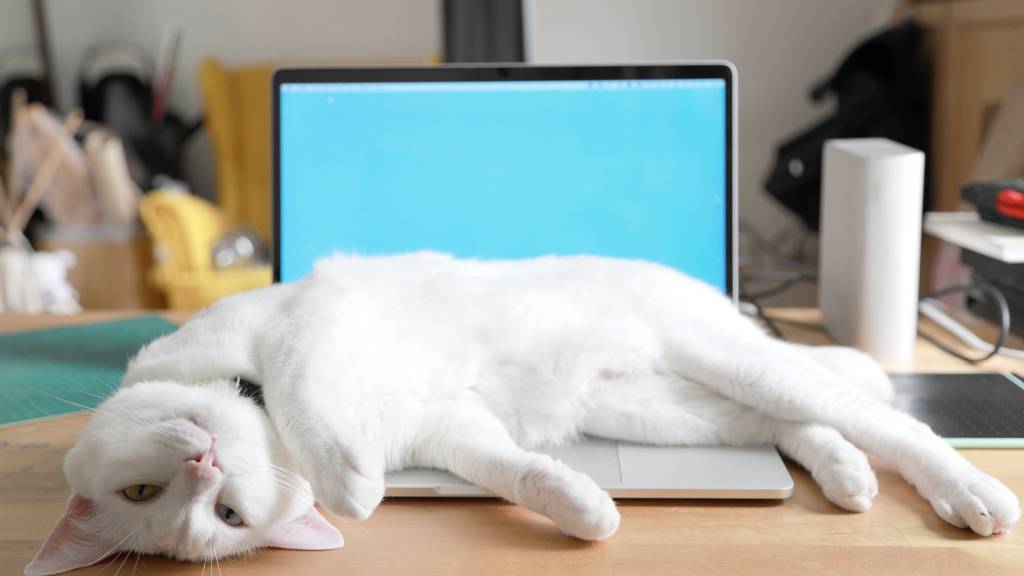
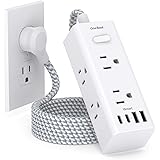


















Post Comment